What is the best temperature for sleeping?
The ideal temperature for sleeping should be between 15°C and 19°C, with the perfect sweet spot being about 18°C.
The optimal bedroom temperature is around 18°C. Try to keep this temperature in the bedroom consistent.
Björn Steinbrink
Sleep Coach
If the temperature in your bedroom is too hot or too cold, it can have a negative impact on the quality of your sleep.
Why are cool temperatures better for sleep?
Sleeping in a cooler bedroom improves the quality of your sleep.
During the day, your body's temperature varies by 1 to 2 degrees.
In the evening, the core temperature drops and signals your brain that it's time to sleep. 😴
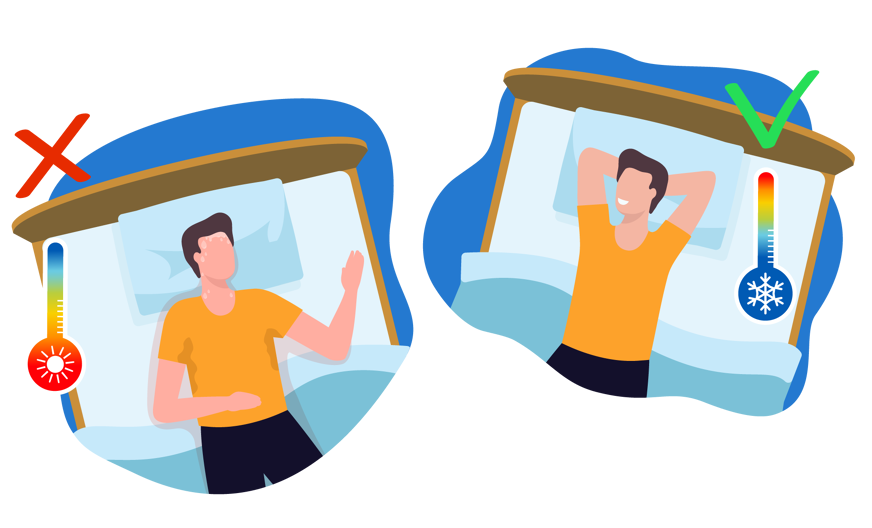
A cooler temperature in the bedroom facilitates your body's natural cooling process.
It also boosts the production of melatonin, the sleep hormone.
We'll go into more detail about how melatonin affects sleep later.
People who sleep in warmer temperatures [1] tend to have a shallower and shorter sleep.
Cooler temperatures also facilitate Rapid Eye Movement [2], the sleep phase when your muscles relax and you start to dream.
What is the ideal sleeping temperature for infants?
It's also important to consider the temperature of your baby or child, who have slightly different requirements.
Best bedroom temperature for newborn babies
As your newborn baby cannot express how they feel, it's up to the parents to determine the ideal sleeping temperature.
Maintaining a safe room temperature for your baby will also reduce the risk of overheating and Sudden Infant Death Syndrome [3] (SIDS).
The best sleeping temperature for newborns is between 20°C and 22°C.
It's important to keep a close eye on this because babies are more sensitive to temperature changes.
You can monitor your baby's bedroom temperature with a room thermometer.
Best bedroom temperature for toddlers
When your baby is 11 weeks old, their body temperature begins to regulate like that of adults.
The ideal bedroom temperature for infants is between 18°C and 21°C.
After one year, your toddler's risk of SIDS decreases, and they can sleep better in cooler bedrooms with blankets. ❄️
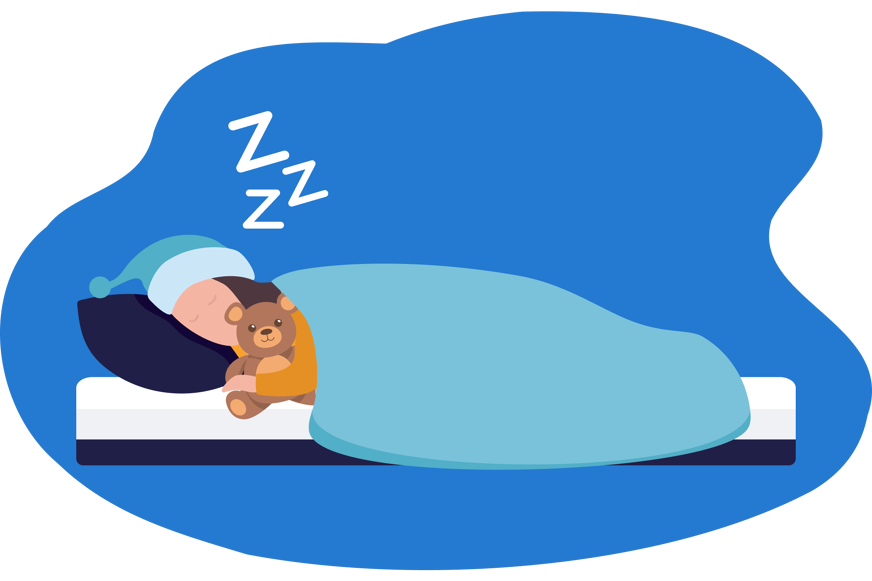
When your child reaches one year of age, you can also introduce them to their first pillow.
Our favourite options for infants are the Panda Baby pillow and the Panda Toddler pillow.
Best bedroom temperature for children
A comfortable room temperature can help your child fall asleep faster and stay asleep longer.
Proper sleep is important for the physical and mental development [4] of your child. 👶🏼
The best bedroom temperature for children is between 15°C and 20°C.
Children are more sensitive to temperature changes than adults, so it's best to monitor their comfort level and adjust the room temperature accordingly.
Why is temperature crucial for sleep?
Your average body temperature [5] is around 37°C, but this can vary slightly depending on your age, physical activity and the time of day. 🌡️
Due to the circadian rhythm [6], your core body temperature changes throughout the day.
In 24 hours, your body temperature can vary by up to 1°C, which is controlled through thermoregulation [7].
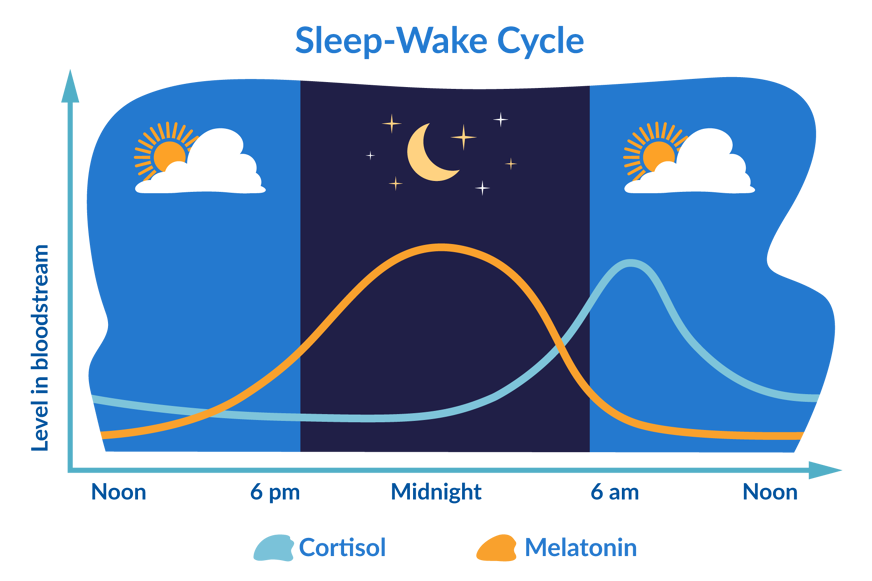
When you first wake up, your body temperature is low and then rises steadily throughout the day.
Towards evening, your body temperature starts to drop again.
The drop in temperature is a signal for your body to prepare for sleep. 💤
But what actually causes this temperature change?
How melatonin affects body temperature
Melatonin [8], also known as the sleep hormone, controls your body clock.
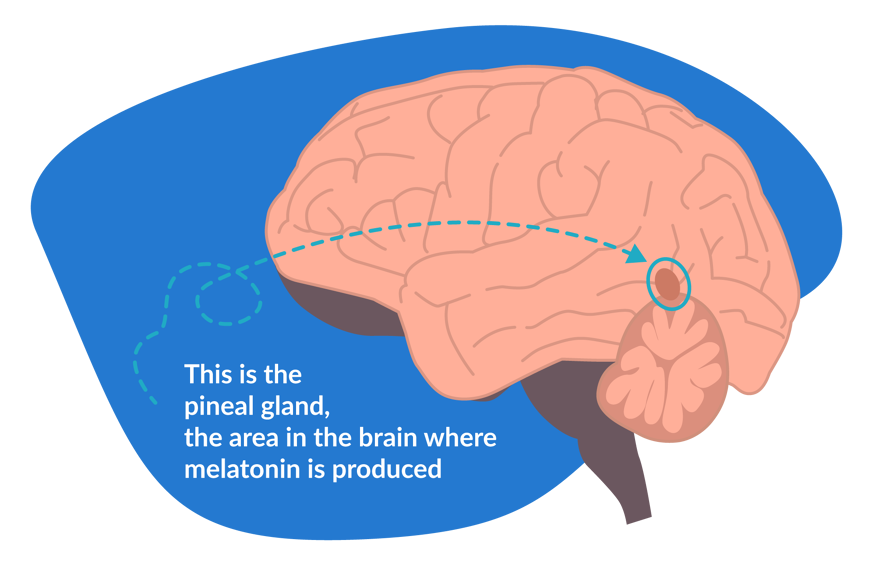
It is produced between 9:00 pm and 8:00 am. ⏰
This hormone is responsible for lowering your body temperature, relaxing your muscles, and making you sleepy.
When your body temperature drops in the evening, your body prepares for sleep.
During the night, your body temperature continues to drop and is at its lowest in the early hours, between 2:00 am and 4:00 am.
Melatonin production stops around 8:00 am, so your core temperature begins to rise a few hours before you wake up.
What happens if your bedroom is too hot or cold?
The quality of your sleep is affected by warmer temperatures or cold exposure.
What happens if your bedroom is too hot?
If your bedroom is too hot, you may sleep more restlessly or for a shorter period of time.
Sleeping in a room that's too hot can be disruptive to your sleep cycle [9] and lead to more nighttime awakenings and decreased REM and slow-wave sleep.
If you feel too warm at night, use a fan alongside a thin sheet or summer duvet to help lower your body temperature.
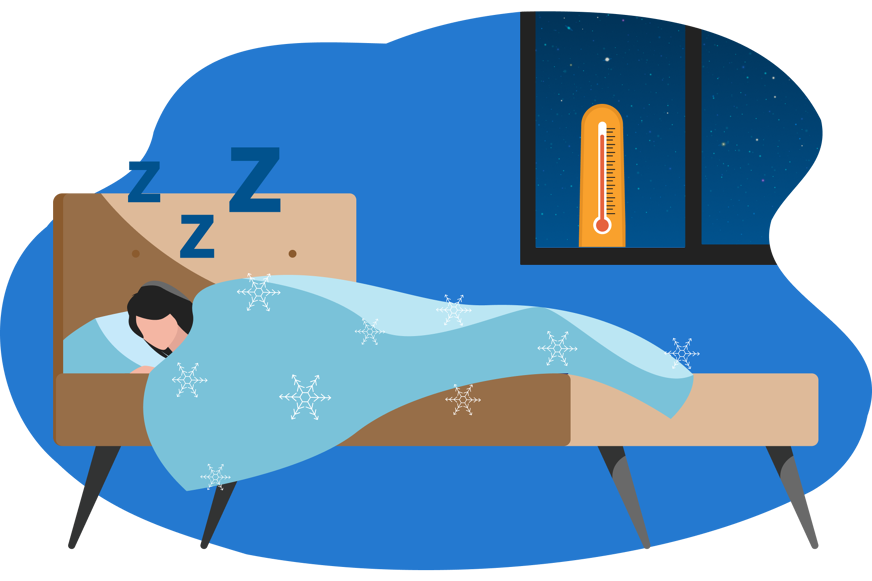
We've got more tips on achieving the ideal temperature for sleeping below.
What happens if your bedroom is too cold?
While a colder bedroom doesn't affect your sleep cycle, it can make it harder to fall asleep.
If the bedroom is too cold, your body will have to work harder to lower its core temperature.
That is why many people prefer to sleep with their heating on.
However, contrary to popular belief, leaving your heating on during the night isn't the best choice.
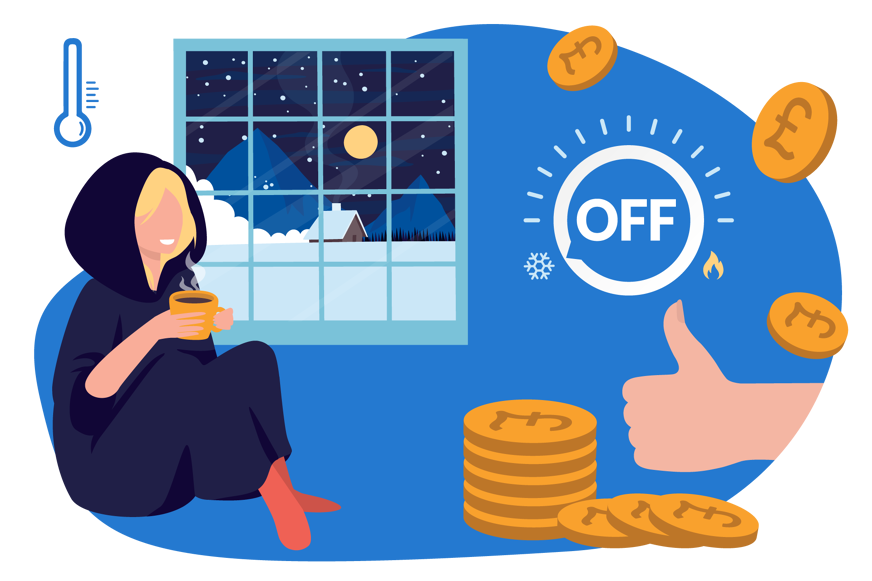
A traditional gas or electric heater raises the air temperature, but it may also cause the air in your bedroom to become excessively dry.
This leads to an irritated throat in the morning and weakens your immune system over time. 🤒
In his podcast [10], Matt Walker says, "If you're worried about that very cold bedroom temperature that I described, you can take a hot water bottle to bed and use it for your feet. You can wear thick socks...but the ambient temperature must be cold."
If you feel that your bedroom is too cool, you should keep yourself warm with a winter duvet or weighted blanket, but the overall room temperature should remain cool.
How to achieve the best temperature for sleep
Your body's core temperature needs to drop down a few degrees to fall asleep. 🌡️
But sometimes, the body needs a little encouragement.
So, what can you do?
Take a warm bath or shower
It's scientifically proven [11] that a warm bath or shower before going to bed improves your sleep. 🛀
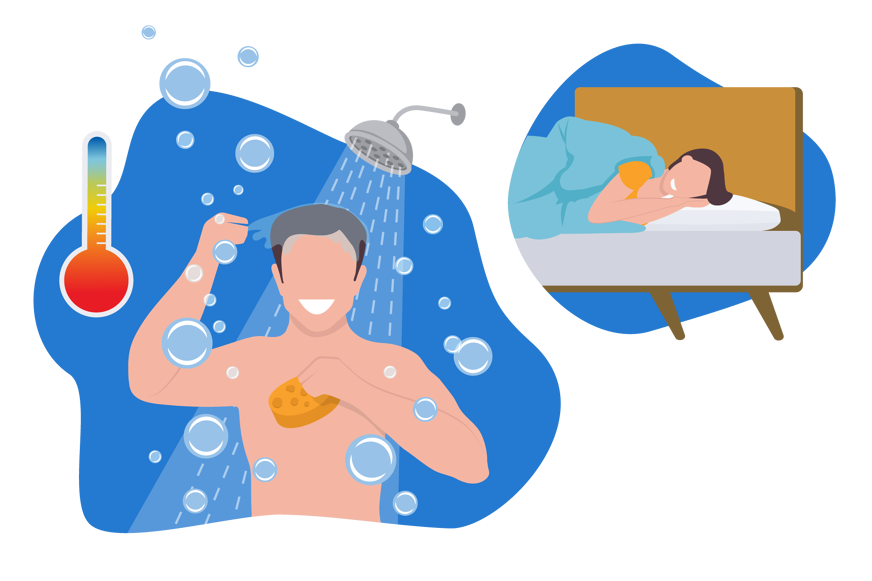
For best results, you should spend a minimum of ten minutes in the hot water an hour before bed.
This reduces your body’s core temperature and helps you fall asleep faster.
Relaxing in the bath with a book and a bath pillow is a great way to practise good sleep hygiene and wind down for the evening.
Close blinds and curtains during the day
Close your curtains and blinds during the day to prevent sunlight from entering and warming up the room, reducing the indoor temperature.
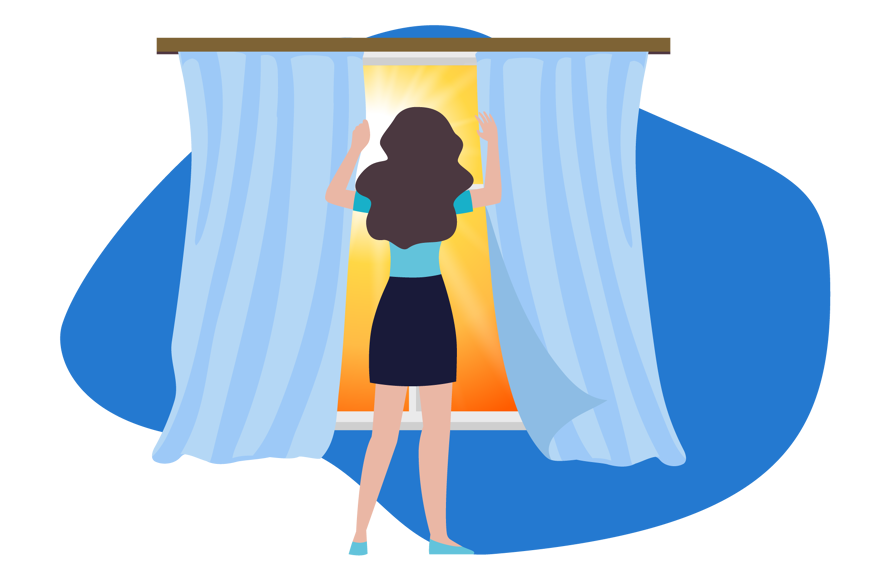
This simple measure can keep your bedroom at a more comfortable and cooler temperature for sleeping.
On cooler days or at nighttime, keep your windows open a bit throughout the home to allow for air to circulate. 🌬️
Keep the room cool
Ensuring your bedroom is well-ventilated is another key factor in creating the perfect sleep environment.
You can keep the windows open at night or use a fan to encourage circulation.
You should also make use of air conditioners, thermostats, or air coolers, which can precisely control the room's temperature. 🌡️
If you feel too cold, you should opt for an electric blanket or hot water bottle to keep you warm during the night.
Work out before bedtime
Working out at least 2 hours before going to bed can positively affect the quality of your sleep. 🏋️
When you exercise, your body temperature rises.
However, when you finish your workout, your body cools down naturally.
This also increases your sleep drive, making you feel more tired before bed.
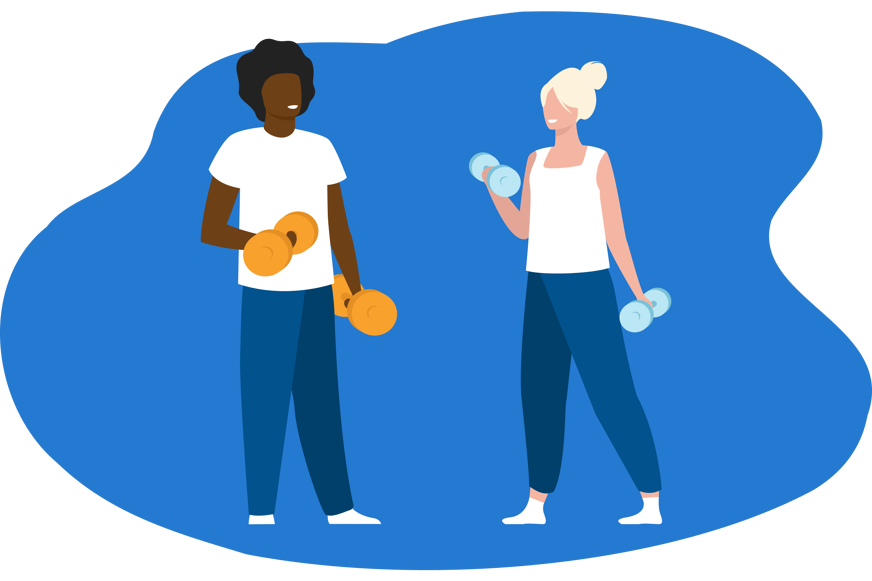
Exercise and meditation can also help you relieve stress and anxiety. 🧘🏼♀️
However, it's important to avoid exercising immediately before bedtime, as your body will still be warm from the physical activity.
Choose your mattress and bedding carefully
The temperature of your mattress and bedding also impacts how warm or cold you feel at night.
About 80% of the overall temperature in bed is determined by the duvet. If you overheat or freeze in bed, you should reconsider your choice of duvet.
Walter Braun
Mattress Expert
You should opt for breathable bedding accessories, such as cotton, bamboo, or silk bedding. 🧶
These materials offer good ventilation and can wick away moisture.
The tog rating of your duvet also contributes to your sleeping temperature.
We recommend:
- 4.5 tog for your summer duvet
- 13.5+ tog for your winter duvet
- 10.5 tog duvet for an all seasons duvet
The Simba 3-in-1 duvet is an excellent choice as it can be customised with different layers depending on the season.
Your mattress also plays a role in your temperature regulation during sleep.
If you're a hot sleeper or get night sweats, choose a breathable and cooling mattress for the best sleep.
On the other hand, if you feel cold while sleeping, the best mattress should be able to retain heat and keep you warm.
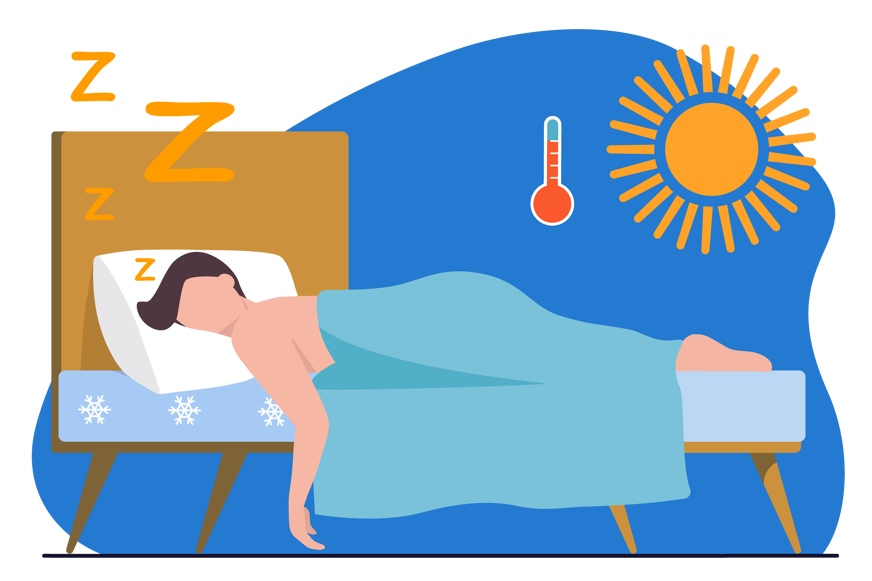
Pocket spring and latex mattresses are often good options for hot sleepers, while memory foam mattresses create a warmer sleep environment.
Combining a cool mattress with a lightweight duvet and breathable bedding can be instrumental in having a cooler and more comfortable sleep.
How humidity affects temperature and sleep
Humidity has a significant impact on both temperature and sleep quality.
Too much or too little humidity can be uncomfortable.
Low humidity can create dry air, which can dry out your nasal passages and cause a blocked nose. 👃
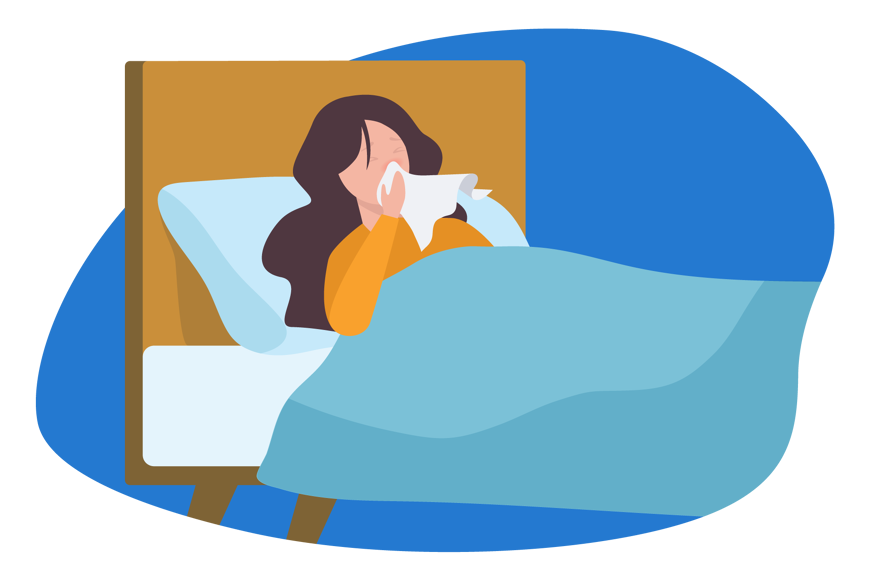
High humidity can make the air feel warmer than it actually is.
This can cause you to perspire heavily while sleeping, which can make you feel uncomfortable.
High humidity can also create an environment more favourable to mould and bed bugs, which can cause allergies.
To stay comfortable indoors, you should get a dehumidifier for days that are overly humid or a humidifier for dry days.
So, what is the best temperature for a good night’s sleep?
Temperature greatly influences how quickly you fall asleep at night and how much deep sleep you get.
The best temperature for sleeping should be around 18°C.
A warm bath and a workout can help you cool down your body temperature and get a good night's sleep.
You should also pay attention to your choice of mattress and bedding, as this can have a big impact on your sleeping temperature.
Table of Contents
What is the best temperature for sleeping?
What is the ideal sleeping temperature for infants?
Why is temperature crucial for sleep?
What happens if your bedroom is too hot or cold?
How to achieve the best temperature for sleep
How humidity affects temperature and sleep









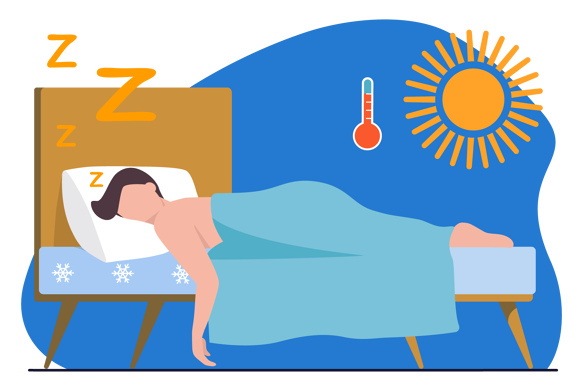
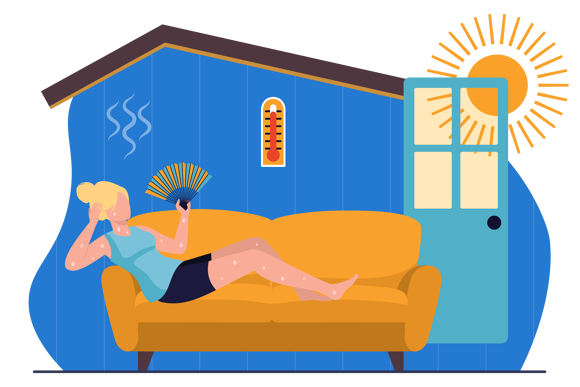
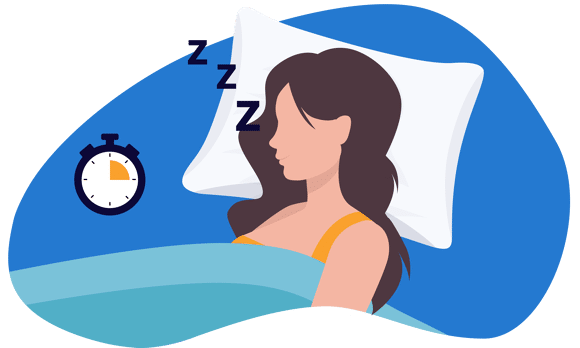


Alternatively, message us directly via the Contact Us page.